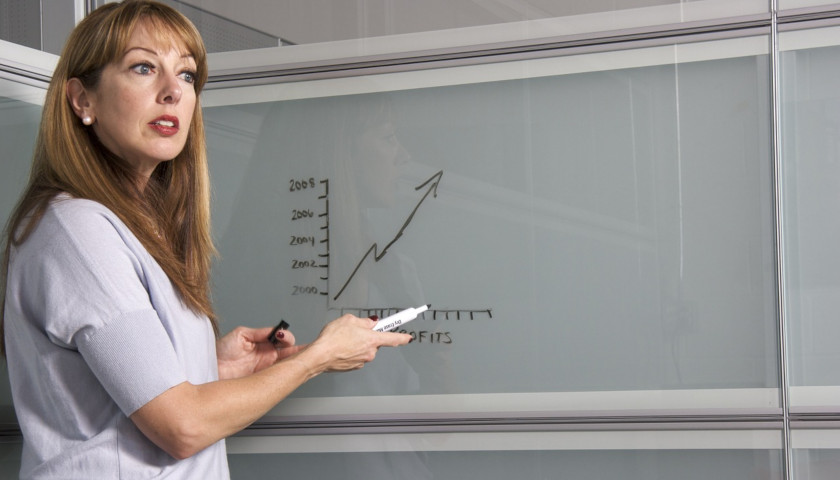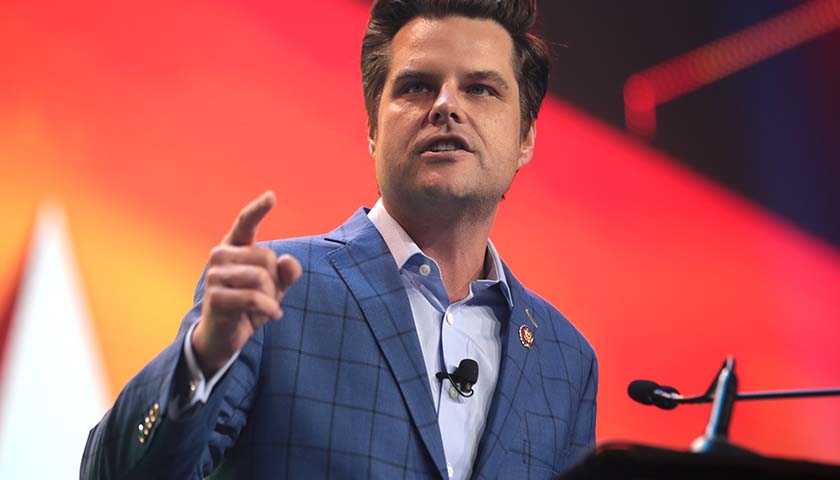Aspiring educators could be required to “regularly reflect on the impact of biases and microaggressions” in order to be a licensed teacher in Minnesota.
Minnesota’s Professional Education Licensing and Standards Board (PELSB) sets the rules that govern teaching licensure in the state and is considering a number of changes to its rule book. The board announced in September 2018 that it had “opened rulemaking on several different rules related to licensing and academic standards.”
A draft of proposed rule changes was written with a “sharpened focus on educational equity,” said the PELSB. These new rules, if passed, will be the set of knowledge and skills that teachers must demonstrate in order to obtain a license in Minnesota.
The revisions in the draft proposal place a strong emphasis on a teacher’s duty to understand “implicit biases,” institutional racism, gender and sexual differences, “systems of oppression,” and other similar topics.
A standard classroom “environment,” for instance, must consist of teachers who “assist learners as they recognize and process dehumanizing biases, discrimination, prejudices, and institutional and personal racism and sexism.” The teachers themselves must “regularly reflect on the impact of biases and microaggressions on the classroom and instruction.”
A list of “professional practices” in the licensure revisions states that a “teacher must be able to … understand how personal identity, frames of reference, and prior experience affect perceptions and expectations, and recognize how they may bias behavior and interactions with others, including through classroom management practices.”
Teachers in the state are also expected to:
- Reflect on the ability for implicit bias to shape discretionary spaces and the role this can play in reproducing or disrupting systems of oppression in schools
- Be able to access resources to deepen the teacher’s understanding of cultural, ethnic, gender, and learning differences to build stronger relationships and create more relevant learning experiences
- understand schools as organizations within a historical, cultural, political, and social context and be able to work with others across the system to support students
- understand the historical foundations, laws, and policies that contributed to systemic racism and barriers in Minnesota’s education system, including the impacts on American Indian students and other marginalized students
All licensed teachers in Minnesota must complete a “cultural competency training,” which is defined in the draft revisions as:
a training program that promotes self-reflection and discussion including but not limited to all of the following topics: racial, cultural, and socioeconomic groups; American Indian and Alaskan native students; religion; systemic racism; gender identity, including transgender students; sexual orientation; language diversity; and individuals with disabilities and mental health concerns. Training programs must be designed to deepen teachers’ understanding of their own frames of reference, the potential bias in these frames, and their impact on expectations for and relationships with students, students’ families, and the school communities, consistent with part.
Catrin Wigfall, a policy fellow at the Center of the American Experiment, said “educational equity” doesn’t mean “treating kids equally,” but rather “giving preferential treatment to certain students at the expense of others.”
“The left uses this form of cultural Marxism to push for viewing education through the lens of race, gender, and sex,” she wrote in a Monday article. “Policies focused on ‘equity’ have resulted in a rise of behavior problems and violence in classrooms, jeopardizing both student and teacher safety, and have also negatively impacted educational standards and learning.”
– – –
Anthony Gockowski is managing editor of Battleground State News, The Ohio Star, and The Minnesota Sun. Follow Anthony on Twitter. Email tips to [email protected].




